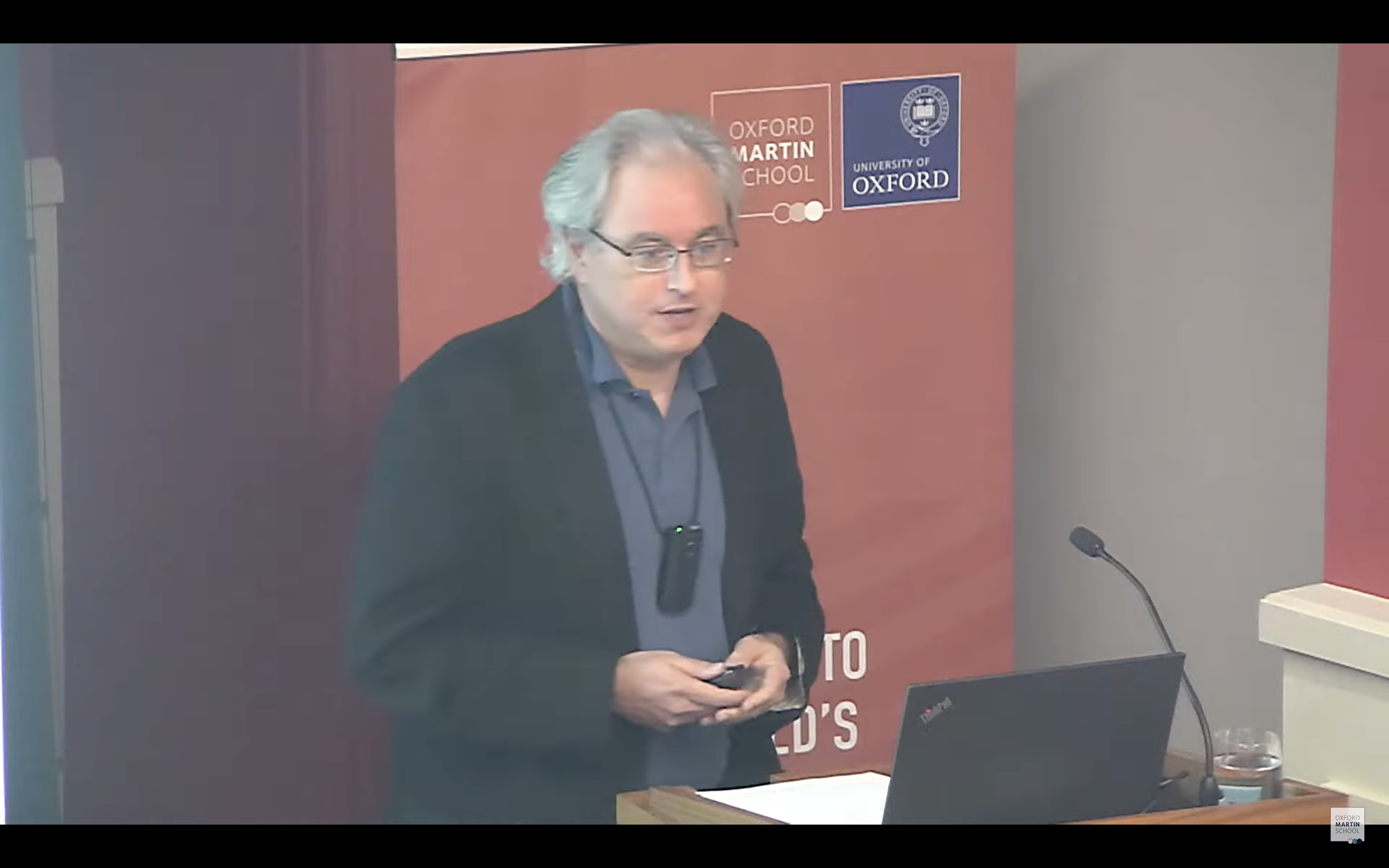October 22, 2008
From the ashes of the global economic crisis, rose a stunning number of calls this week to avoid U.S. protectionism and isolationism through sustained engagement in international development initiatives and efforts to modernize foreign assistance.At yesterday's White House Summit on International Development, President Bush and Secretary Rice warned that the financial crisis shouldn't lead lawmakers to cut pledges of aid for poor nations or back off commitments to free trade. Says President Bush:
During times of economic crisis, some may be tempted to turn inward -- focusing on our problems here at home, while ignoring our interests around the world. This would be a serious mistake. America must stay committed to international development for reasons that remain true regardless of the ebb and flow of the markets. We are committed to development because it is in America's long-term economic interests.And Secretary Rice left the audience with a clarion call:
If there is one idea that I want to stress today, it is this: When times are hard, as they are now, every nation is focused on protecting its own interests. That is entirely legitimate, and it is to be expected. But what we cannot do -- what we must not do -- is to allow our generosity and our concern for others to fall victim to today's crisis. Reneging on our commitments to the world's poor cannot be an austerity measure.Preceding the Summit, four more major announcement and reports added their voices to the growing number of calls to prioritize global development and effective foreign assistance in our national interest:First, we heard Colin Powell on Sunday's Meet the Press announcement of his decision to endorse Barack Obama for president:
We need to increase the amount of resources we put into our development programs to help the rest of the world. Because when you help the poorest in the world, you start to move them up an economic and social ladder, and they're not going to be moving toward violence or terrorism of the kind that we worry about.And the Woodrow Wilson Center in its just-released Memo to the Next President calls for promoting U.S. interests through smarter, more strategic global policies. Its chief recommendation is the immediate appointment of a high-level individual in the White House to develop, in consultation with key members of Congress, a government-wide strategy to promote U.S. interests abroad. It punts on the question of organization and structure of operations but is an important contribution to the growing consensus for prioritizing global engagement, development and foreign assistance.Also released last week was the American Academy of Diplomacy and Stimson Center's "A Foreign Affairs Budget for the Future: Fixing the Crisis in Diplomatic Readiness. Like the Wilson Center report, it does not take on the issue of organization and structure, but presents a compelling case for increased resources -- human and financial -- to build civilian capacity to implement a smart power foreign policy agenda:
Currently the Secretary of State lacks the tools -- people, competencies, authorities, programs and funding - to execute the president's foreign policies. The status quo cannot continue without serious damage to our vital interests. We must invest on an urgent basis in our capabilities in the State Department, USAID, and related organizations to ensure we can meet our foreign policy and national security objectives.And last but certainly not least, USAID Administrators Andrew Natsios, Brian Atwood and Peter McPherson are quite clear about calling for a reorganization of U.S. development and foreign assistance apparatus in their "Arrested Development" article in Foreign Affairs. With a combined 16 years of experience at the helm of USAID, these three send a powerful message on the need to bring strategy and structure under one chain of command if we are serious about a new 3D paradigm (development, diplomacy and defense) of national power:
USAID has become ineffective because it is underfunded, understaffed, and loosing influence. The next president should revive it by either making it autonomous or elevating it to a cabinet-level department.The building momentum and increasing number of calls for elevating development and making our foreign assistance get bigger bang for the buck is really remarkable and will hopefully be heeded by the next president as he takes the helm of a country facing enormous domestic and global challenges. But as Sir Bob Geldof said at the White House Summit, we've seen the "death of distance" in our globalized world where what happens across the globe affects our daily lives -- from the coltan from Congo in our Blackberries to our economy and our national security.From the president to the pop star, the resounding conclusion is the same: turning inward in the coming years is not an option. The U.S. must demonstrate it can be a pragmatic and principled leader in a new world economic order and cannot afford not to engage the rest of the world particularly through better and smarter U.S. foreign assistance for the 21st century.
Disclaimer
CGD blog posts reflect the views of the authors, drawing on prior research and experience in their areas of expertise. CGD is a nonpartisan, independent organization and does not take institutional positions.





